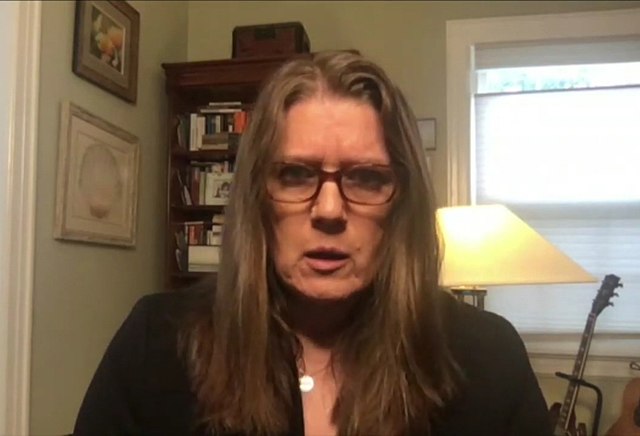Mary Trump, the outspoken niece of Donald Trump, has lambasted the judicial conduct of U.S. District Court Judge Aileen Cannon, who is overseeing the former president's classified documents trial. Judge Cannon has indicated the potential for delaying the trial, a move that has drawn sharp criticism from Trump's niece.
The former president, who is embroiled in multiple legal challenges, is accused of mishandling classified material post-presidency and facing obstruction allegations. His plea of innocence was emphatic, stating at a New Hampshire rally, "I did nothing wrong at all... my boxes were secure, and everything was good."
Despite the charges levied against him, Trump has maintained a notable presence in public polls, a point that Mary Trump, a clinical psychologist and fierce critic, finds alarmingly telling of the current political landscape. Her criticism extends to the legal sphere, where she accuses Judge Cannon, appointed by Trump in 2020, of displaying bias.
"In Florida, Donald's personal pocket judge Aileen Cannon continues to protect her favorite defendant," Mary Trump declared, condemning what she perceives as a judicial predisposition to favor the former president.

Mary Trump Critiques Judge Aileen Cannon's Handling of Trump's Classified Documents Case
Cannon's recent remarks about scheduling conflicts between Trump's espionage trial and his 2020 election-interference trial in D.C. have intensified the scrutiny. While acknowledging the tight timeline, Cannon expressed her intention to make reasonable adjustments. This sentiment reflects the complexity and unprecedented nature of the situation, with the former president's legal team lobbying for delays on multiple fronts.
Special Counsel Jack Smith, overseeing the case, has cautioned against succumbing to tactical delays, highlighting the significance of the proceedings at hand. Yet, a terse exchange with Judge Cannon ensued after Smith exceeded a word limit set by the court, illustrating the stringent regulations governing the legal process.
Simultaneously, the election-subversion case in D.C. is gaining momentum, with Judge Tanya Chutkan proceeding with jury selection, undeterred by Trump's legal team's requests for a halt due to presidential immunity arguments.
The convergence of these cases places Trump in a precarious position. If re-elected, the outcomes of these federal cases could shift dramatically, given the presidential powers to shut down federal legal proceedings. This possibility adds a layer of complexity and urgency to the trials, which may influence the future political and legal trajectory of the former president.
As Mary Trump advocates for a prompt and impartial judicial process, the world watches closely. The decisions made in these courtrooms could have far-reaching implications for the integrity of the American legal system and the robustness of its democracy.






